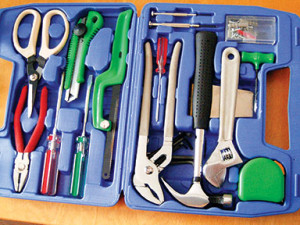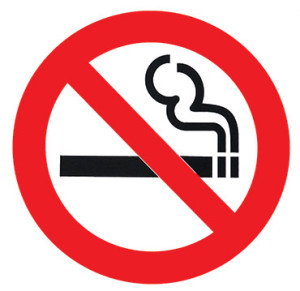MARCH MADNESS
I honestly don’t know much about basketball. My son considers me a failure, in part, because I don’t really pay attention to most organized sports like basketball and football. I would rather be doing the activity than watching someone else do it.
 If I was younger I would be applying for American Ninja or Wipeout but those are really individual events not team events. So, when people talk about March Madness I really have very little to contribute to the conversation. I do know madness when I see it. Madness to me is doing the same thing over and over again and hoping for a different result. Albert Einstein said the same thing. Madness to me is someone saying every day “ I really ought to blank”, “I know I should blank.” “It would be better for my health if I blanked.” Fill in the blank with lose weight, quit smoking etc. Saying the same thing over and over again but never actually taking action…that’s madness to me… That’s why I find the Upstate Medical Center advert so amusing. Their catchphrase is “knowing changes everything.” You and I know that knowing changes nothing. Doing changes. Doing makes a difference. We have to figure out a way to get you from knowing to doing. That’s not easy stuff. That happens also to be the most important thing you can work on with your health. You can work on your blood pressure alone. You can work on your cholesterol alone. You can work on your diabetes without the help of anyone else. But it’s very difficult for people to change themselves/ their behavior on their own. As I often relate to patients, most people don’t have enough tools in the toolbox to achieve the results they want on their own. If they had those tools they would probably already have used them. There has been work done on how to motivate people but mostly by the marketing divisions of big companies like FORD and Proctor & Gamble. To get you to change toothpaste, fabric softener, etc.
If I was younger I would be applying for American Ninja or Wipeout but those are really individual events not team events. So, when people talk about March Madness I really have very little to contribute to the conversation. I do know madness when I see it. Madness to me is doing the same thing over and over again and hoping for a different result. Albert Einstein said the same thing. Madness to me is someone saying every day “ I really ought to blank”, “I know I should blank.” “It would be better for my health if I blanked.” Fill in the blank with lose weight, quit smoking etc. Saying the same thing over and over again but never actually taking action…that’s madness to me… That’s why I find the Upstate Medical Center advert so amusing. Their catchphrase is “knowing changes everything.” You and I know that knowing changes nothing. Doing changes. Doing makes a difference. We have to figure out a way to get you from knowing to doing. That’s not easy stuff. That happens also to be the most important thing you can work on with your health. You can work on your blood pressure alone. You can work on your cholesterol alone. You can work on your diabetes without the help of anyone else. But it’s very difficult for people to change themselves/ their behavior on their own. As I often relate to patients, most people don’t have enough tools in the toolbox to achieve the results they want on their own. If they had those tools they would probably already have used them. There has been work done on how to motivate people but mostly by the marketing divisions of big companies like FORD and Proctor & Gamble. To get you to change toothpaste, fabric softener, etc.
Work has been done by the medical profession as well but it’s really limited because it involves real conversation between patient and Doctor and thats not happening much anymore. You come in for a blood pressure check visit and also have questions about a rash, etc., and it’s all the provider can do to check your meds, review your blood pressure and evaluate your rash in the allotted 15 minutes. How is the provider to really engage you about changing aspects of your life and your health in this environment? Unfortunately this is just not happening. Changing behavior requires work. Changing behavior takes effort. It’s very hard to get rid of a habit or form a new one. Hard, but not impossible and there are some guiding principles to work with. Number One principle is that if you want to eliminate a habit you will have much more success if you substitute a behavior not just try to eliminate a behavior. Instead of having that cigarette or that extra plate of cookies after dinner, you might take a walk or write a letter. Substitution helps change habits. Number Two principle is to make yourself accountable. Accountable to a group like weight watchers or AA. Making yourself accountable to friends, family, health team has been shown to work on your psyche in a way that reinforces your motivation to change. My experience with the technique called motivational interviewing has shown me that we really can’t change other people, we can only help them change themselves. This comes from having conversations where people’s prior successes are supported and their rationale for change is explored in a non-confrontational environment… The doctor telling the patient “You really should lose weight and get more exercise” patently doesn’t work, hasn’t worked, and is unlikely to work in the future. 











